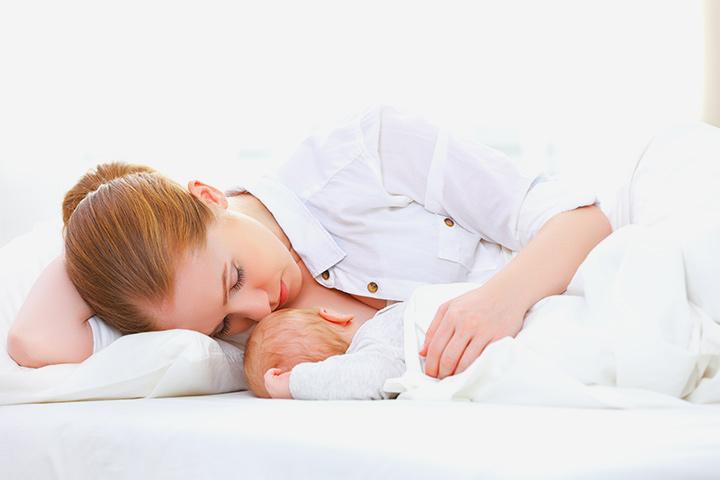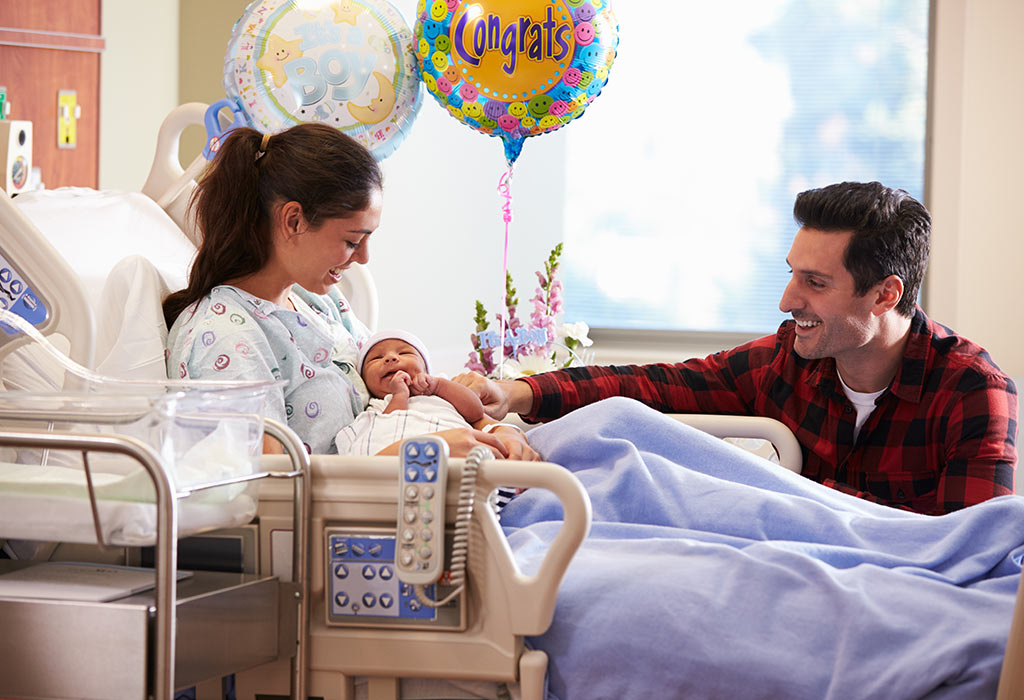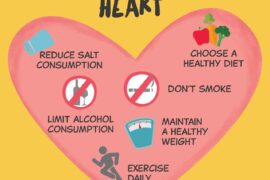What Are The Treatments for Postpartum Mothers?
This is a joyous time, but for mothers, it’s also a period of adaptation and healing. In this article, we will talk about the road to recovery after giving birth.

Adjusting to motherhood
After the birth of a baby, you may find it challenging to adapt this new bundle of joy to your daily life, particularly if you’re a new mother. While taking care of your baby is vital, you must also remember to take care of yourself.
You may experience sleepless nights since a baby needs to be fed and changed frequently. It can be tiresome and stressful, but the good news is that you’re going to slip into a pattern eventually.
Here’s what you can do for a smoother transfer in the meantime:

- Get plenty of rest. To combat exhaustion and fatigue, try to get as much rest as possible. Your baby can wake up for feeding every two to three hours. Sleep while your baby sleeps to make sure you’re getting enough rest.
- Seek support. Reach out to your family and friends and do not reject their support. Your body needs to recover, and you can get much-needed rest from practical help around the house.
- Eat healthy meals. Maintain a healthy diet to promote healing. Increase your intake of whole grain, vegetables, fruit, and protein. Make sure you get enough water if you are breastfeeding.
- The workout. Before you resume your workout regime, make sure you get a green light from your doctor first. The activity should not be exhausting.

Operating as a new family unit
Welcoming a new addition to the family will undoubtedly alter the dynamic you have with your partner. You and your husband may take some time to adjust to the changes and you two may even spend less quality time together which can be troublesome. This is an intense and stressful time, but there are ways to handle it.
For starters, be patient. Understand that after a baby’s birth, every couple goes through changes. Communicate as a family as well. If someone is left out, talk about the issue and be thorough, whether it’s a partner or other kids in the family. While babies need a lot of attention and you and your partner will spend most of the day caring for their needs, during the postpartum period, don’t feel guilty about spending time alone as a couple.

Postpartum depression vs baby blues
During the post-partum period, it is common to have baby blues. Typically, this occurs a few days after giving birth and can last up to two weeks. You won’t experience symptoms all the time in most cases, and your symptoms will differ.
Baby blues are caused by hormonal changes, and symptoms can include:
– Crying unexplained
– Irritability
– Sleeplessness
– Sadness
– Changes in mood
– restlessness

When should you see a doctor?
There are distinct baby blues from postpartum depression. When symptoms last for more than two weeks, postpartum depression occurs.
Feelings of guilt and worthlessness and lack of interest in everyday activities can be additional symptoms. Some women with postpartum depression withdraw from their families, have little interest in their baby, and have thoughts of harming their baby.
Medical care is important for postpartum depression. Speak to your doctor if you notice your blue feelings doesn’t subside. After giving birth, postpartum depression may occur at any time, even up to a year after delivery.
Coping with changes in the body
Along with mental changes, after giving birth, you’ll undergo body changes, such as weight gain. Overnight weight loss doesn’t happen, so be patient. When your doctor says it is OK to exercise, begin with a few minutes a day of moderate activity and gradually increase the duration and intensity of your workouts. Go for a stroll, swim, or participate in an aerobics class.
At a different rate, every new mother loses weight, so don’t equate your attempts at weight loss with others. As it raises your daily calorie burn, breast-feeding will help you return to your pregnancy weight faster.
If you have questions or concerns about changes in your body during the postpartum period, speak to your physician. Such modifications to the body include:

Engorgement of breasts
A few days after birth, your breasts will fill up with milk. This is a natural phase, but it can be painful with swelling (engorgement). Over time, engorgement strengthens. Apply a warm or cold compress to your breasts to relieve pain. When the body changes, sore nipples from breastfeeding usually vanish. To relieve cracking and irritation, use nipple cream.
Constipation
To promote bowel movement, eat high-fibre foods, and drink plenty of water. Ask your doctor about medication that are safe. Haemorrhoids may also be relieved by fibre, as well as over-the-counter creams or sitting in a sitz bath. Drinking water tends to relieve urinating issues after birth. Kegel exercises will reinforce the pelvic muscles if you experience incontinence.
Pelvic floor changes
The perineum is known as the region between your rectum and vagina. It stretches and often tears during birth. This region may often be cut by a doctor to support the labour. You can help this area heal by doing Kegel exercises, icing the area with cold packs wrapped in towels, and resting on a pillow, after your delivery.
Sweating
After having a baby, hormonal changes can cause nighttime sweating. To remain cool, remove the blankets from your bed.
Uterine pain
A shrinking uterus may cause cramping after giving birth. In time, the pain subsides. Ask your doctor for safe medicine for pain.
Vaginal discharge
Two to four weeks after giving birth, vaginal discharge is normal. This is how blood and tissue are eliminated from your uterus by your body. Wear sanitary napkins until the discharge stops.
Do not use tampons or douche until your four to six-week postpartum appointment, or until it is approved by your doctor. Your risk of uterine infection may be increased by using these products in the immediate postpartum period. Notify your physician if your vaginal discharge is foul-smelling. Bloody spotting may persist for the first week of postpartum, but heavy bleeding is not expected. Contact your doctor if you experience severe vaginal bleeding, such as saturating one sanitary pad within two hours.
Conclusion
Giving birth will change your routine and family unit, but ultimately you’ll adapt. It will slowly enhance any emotional and physical changes you undergo after birth. Don’t hesitate to talk about any concerns with your doctor, whether it’s related to depression, your child, or the healing process.







